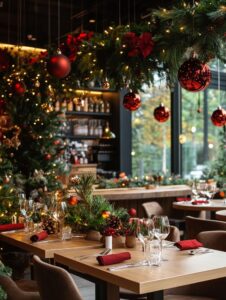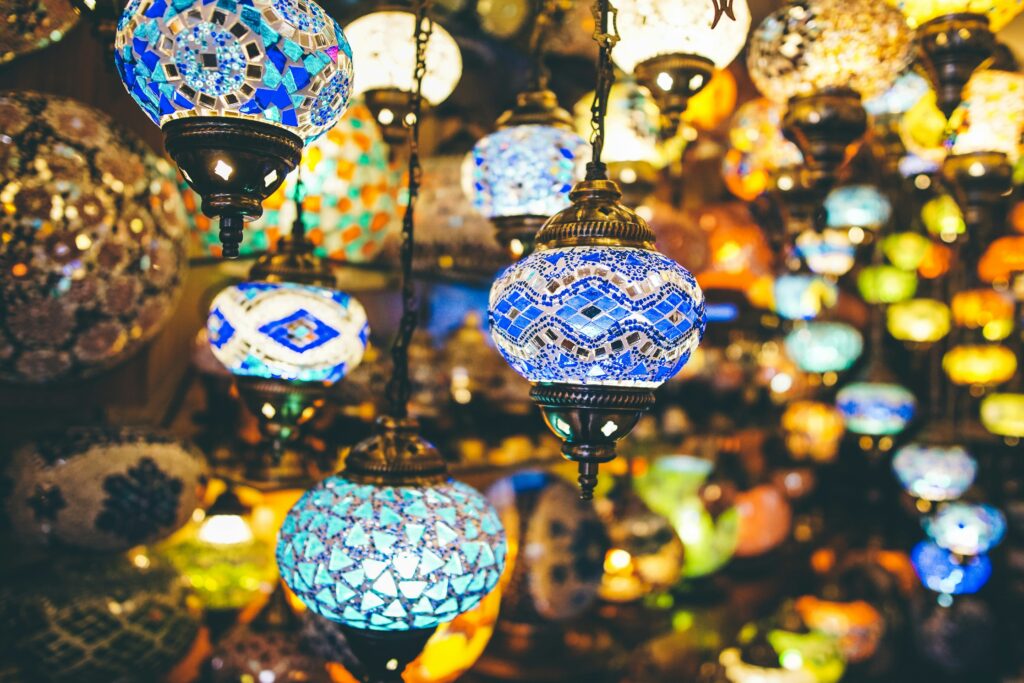
Introduction: The Meaning and Significance of Eid al-Fitr
Eid al-Fitr, also known as the “Festival of Breaking the Fast,” is one of the most important Islamic celebrations, marking the end of Ramadan. After a month of fasting, prayer, and reflection, Muslims around the world come together to celebrate with joy, gratitude, and generosity.
This sacred festival is a time for:
✅ Spiritual renewal
✅ Strengthening family bonds
✅ Acts of charity
✅ Expressing gratitude to Allah
Eid al-Fitr is not just about celebration—it’s a reminder of discipline, devotion, and the importance of helping those in need. Let’s dive into the history and beautiful traditions that make this festival so special.
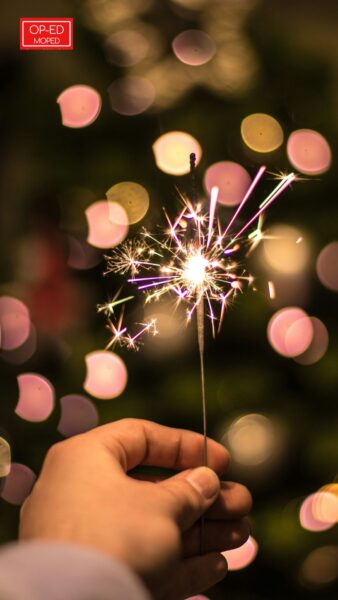
The History of Eid al-Fitr
Eid al-Fitr dates back to the time of Prophet Muhammad (peace be upon him) in the 7th century. According to Islamic teachings:
The first Eid was celebrated in 622 CE in Medina, after the completion of the first Ramadan fast.
Prophet Muhammad (PBUH) encouraged giving to the poor before the Eid prayer, which became the foundation for Zakat al-Fitr (charitable giving).
The festival was established as a day of joy, gratitude, and unity, marking the end of a month-long spiritual journey.
Eid al-Fitr is observed on the first day of Shawwal, the month that follows Ramadan in the Islamic lunar calendar. Since the Islamic calendar is based on moon sightings, the exact date varies each year.
How Eid al-Fitr is Celebrated Around the World
While the core values of Eid remain the same, celebrations vary across different countries and cultures. Let’s explore how Muslims worldwide observe this special day.
1. Saudi Arabia
Eid begins with a grand prayer at the Masjid al-Haram in Mecca and the Prophet’s Mosque in Medina.
Families dress in new traditional attire and gather for large feasts.
The government organizes fireworks, parades, and cultural performances.
2. India
The day starts with Eid prayers at mosques like Jama Masjid in Delhi.
People visit family and exchange Eidi (money gifts for children).
Traditional sweets like Sheer Khurma (vermicelli pudding) are prepared.
3. Turkey
Eid celebrations last three days and include visiting elders, exchanging sweets, and giving charity.
Kids go door-to-door wishing “Bayramınız Kutlu Olsun” and receive candies or small gifts.
Special delicacies like Baklava and Turkish Delight are shared.
4. Indonesia
Many people travel to their hometowns in a tradition called Mudik to celebrate with family.
Special dishes like Ketupat (rice cakes wrapped in palm leaves) are served.
The night before Eid, Takbiran processions fill the streets with chanting and drumming.
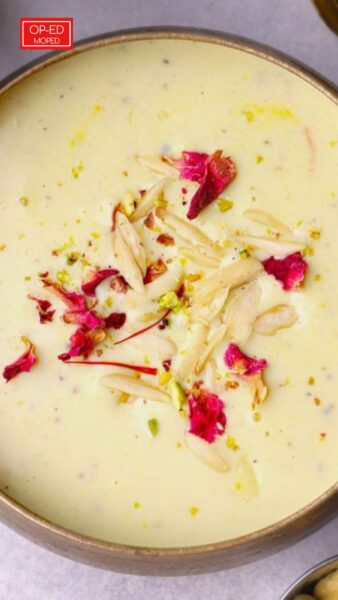
5. Egypt
Families begin Eid by performing Salah al-Eid (Eid prayer) in large gatherings.
Delicious dishes like Fatta (rice and bread with meat and sauce) are prepared.
Children receive new clothes and money as gifts.
6. United Arab Emirates (UAE)
Eid is a public holiday with fireworks, shopping festivals, and community events.
Lavish feasts with dishes like Al Harees (slow-cooked wheat and meat) are enjoyed.
The tradition of giving Zakat al-Fitr to the less fortunate is emphasized.
From Africa to Asia, Europe to the Middle East, each country brings its own unique touch to Eid while staying true to its spiritual essence.
Traditional Foods, Prayers, and Family Gatherings
1. Eid Prayers and Mosque Gatherings 🕌
The day begins with Salah al-Eid (Eid prayer), held at mosques or open prayer grounds. It is a short but powerful prayer:
✔️ Offered in large congregations
✔️ Includes a special sermon reminding people about gratitude and charity
✔️ Followed by embracing loved ones and exchanging greetings:
“Eid Mubarak” (Blessed Eid)
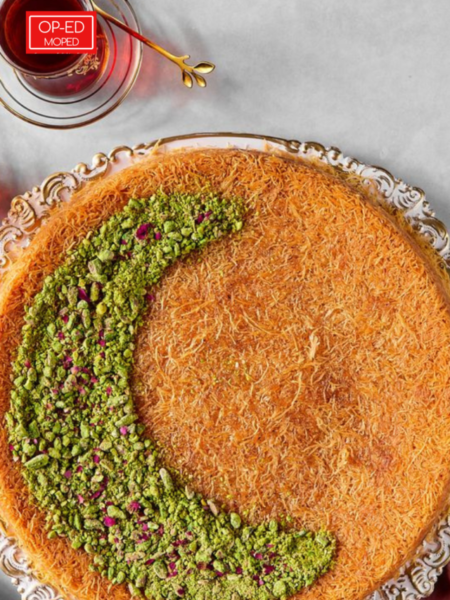
2. Traditional Eid Foods from Around the World 🍽️
Each country has special Eid delicacies. Some popular ones include:
Sheer Khurma (India, Pakistan) – Sweet vermicelli pudding with dates and milk
Baklava (Turkey) – Layered pastry with honey and nuts
Lamb Ouzi (Middle East) – Slow-cooked spiced rice with lamb
Ketupat (Indonesia) – Rice dumplings wrapped in palm leaves
Maamoul (Arab countries) – Date-filled cookies
Fried Doughnuts (Nigeria) – Sweet fried treats called Puff-Puff
3. Family Gatherings and Eidi (Gifts) 🎁
Visiting relatives and elders is a key part of Eid.
Children receive Eidi (money or gifts) from parents and elders.
Acts of kindness, love, and unity strengthen family and community bonds.
The Role of Charity (Zakat al-Fitr) in Eid Celebrations
One of the most important aspects of Eid is Zakat al-Fitr, a form of charity given before Eid prayers.
Why is Zakat al-Fitr important?
✔️ Ensures that the less fortunate can also celebrate Eid
✔️ Purifies the fast of the giver by making up for any shortcomings
✔️ Strengthens the sense of community and shared blessings
How much is Zakat al-Fitr?
The amount varies by country but is usually the equivalent of a meal or staple food (e.g., rice, wheat, or money).
It must be distributed before the Eid prayer to ensure those in need can celebrate too.


